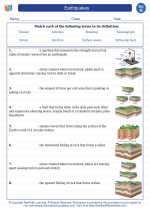Chromosomes
Chromosomes are long, thread-like structures found in the nucleus of eukaryotic cells. They are composed of DNA and proteins, and they carry genetic information in the form of genes.
Structure of Chromosomes
Each chromosome consists of two sister chromatids, which are exact copies of each other. The sister chromatids are held together by a structure called the centromere. The number of chromosomes in a cell can vary between different organisms. For example, humans have 46 chromosomes (23 pairs) in each somatic cell.
Functions of Chromosomes
Chromosomes play a crucial role in cell division, as they ensure that each daughter cell receives the correct amount of genetic material. Additionally, they serve as the carriers of genetic information from one generation to the next.
Chromosome Disorders
Changes in the structure or number of chromosomes can lead to genetic disorders. For example, Down syndrome is caused by the presence of an extra copy of chromosome 21. Understanding chromosome disorders is important for genetic counseling and medical research.
Study Guide
- What is the structure of a chromosome?
- How many chromosomes do humans have in each somatic cell?
- What is the role of chromosomes in cell division?
- Give an example of a genetic disorder caused by a chromosome abnormality.
- Why is it important to study chromosome disorders?
Understanding chromosomes is essential for grasping the principles of genetics and inheritance. It also has implications for fields such as medicine, agriculture, and biotechnology.
[Chromosomes] Related Worksheets and Study Guides:
.◂Science Worksheets and Study Guides Eighth Grade. Earthquakes
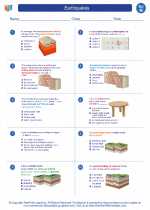
 Worksheet/Answer key
Worksheet/Answer key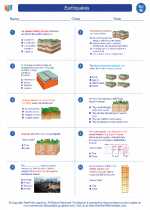
 Worksheet/Answer key
Worksheet/Answer key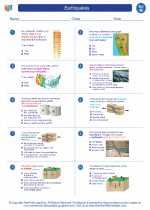
 Vocabulary/Answer key
Vocabulary/Answer key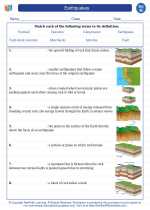
 Vocabulary/Answer key
Vocabulary/Answer key
 Vocabulary/Answer key
Vocabulary/Answer key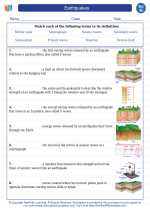
 Vocabulary/Answer key
Vocabulary/Answer key